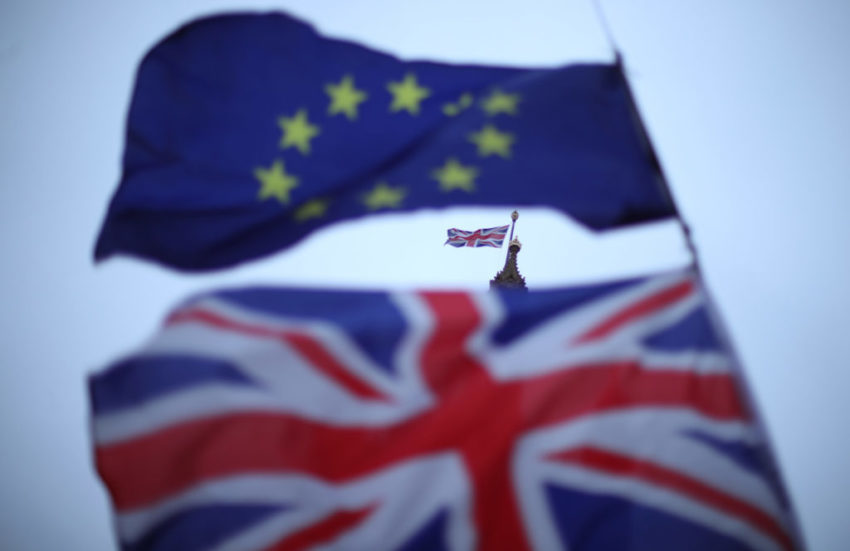The FTSE 100 pared losses on Thursday thanks to the weak pound while global indexes declined as previous investor optimism around US-China trade relations cooled.
London’s blue-chip index closed 36.24 points, or 0.52%, higher at 6,942.87 – while Germany’s DAX rose 0.11% but France’s CAC fell 0.37%.
Fiona Cincotta, senior market analyst at City Index, said: “Global equities ended a four-day rally on Thursday as reality set in over what was actually achieved in the US-China trade talks, and as the US government shutdown rattles on.
“The FTSE was faring better than its European counterparts paring losses, thanks in part to the Brexit-weakened pound.”
She said the pound traded lower against the US dollar as uncertainty around Britain’s departure from the European Union continues “to dominate amid the airing of the Brexit agreement in Parliament. This combined with signs of an economic slowdown as retailers failed to increase their sales this Christmas from a year earlier has put the bears firmly in control”.
Sterling was down 0.15% against the greenback at 1.276 and was up 0.09% versus the euro at 1.108 at the London market close.
Retail news dominated the day, with a host of firms posting festive trading figures.
John Lewis’s 83,000 staff woke up to news that their annual bonus is under threat for the first time since 1953 as the retailer said it expects profits to be “substantially lower” this year amid slower sales growth.
Over Christmas, like-for-like sales grew just 1%, while sister chain Waitrose saw only 0.3% growth.
Marks & Spencer sales were also under pressure, with the performance of both clothing and food wilting.
Over its Christmas quarter, the bellwether said like-for-like clothing and home sales dropped 2.4% over the 13 weeks to December 29 while comparable food sales fell 2.1%.
Struggling department store chain Debenhams recorded a 3.4% decline in like-for-like sales in the six weeks to January 5, weighed down by the UK, where sales were 3.6% lower due to weaker footfall.
In brighter news, Tesco unveiled its best set of Christmas trading figures in nearly a decade, with the UK’s biggest retailer lauding promotions on festive staples including vegetables and meat.
The grocery giant posted a 2.2% rise in UK like-for-like sales in the six weeks to January 5.
Halfords, meanwhile, issued a profit warning after mild weather and weak consumer confidence hit sales.
Card Factory has also warned that underlying profits for the 2020 financial year are likely to be flat, as it braces for another “difficult” trading period.
Shares in Marks & Spencer closed down 3.2p to 274.5p, Debenhams down 0.83p to 4.8p, Tesco up 4.6p to 216.4p, Halfords down 61.8p to 216.8p, and Card Factory down 26.6p to 168p.
Elsewhere, car giant Jaguar Land Rover is to cut 4,500 jobs under plans to make £2.5 billion of cost savings.
Most of the cuts are expected to be in the UK, with a voluntary programme being launched.
Brent crude, the international benchmark, fell 0.05% at 61.29 US dollars.
The biggest risers on the FTSE 100 were Fresnillo up 28.2p to 949.6p, SSE up 28p to 1,152, Tesco up 4.6p to 216.4p, and Intertek up 106p to 5,060p.
The biggest fallers on the FTSE 100 were Burberry down 48p to 1,742p, Paddy Power Betfair down 150p to 6,590p, NMC Health down 52p to 2,930p, and Next down 66p to 4,787p.


